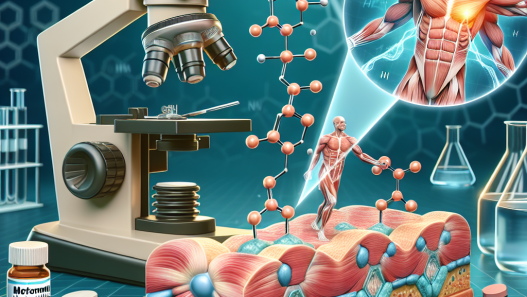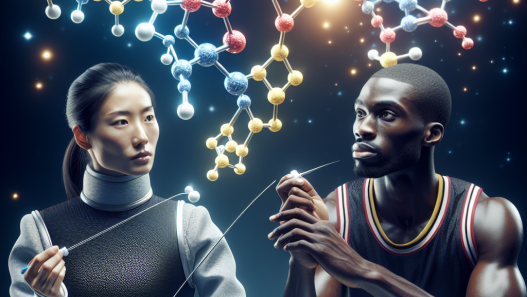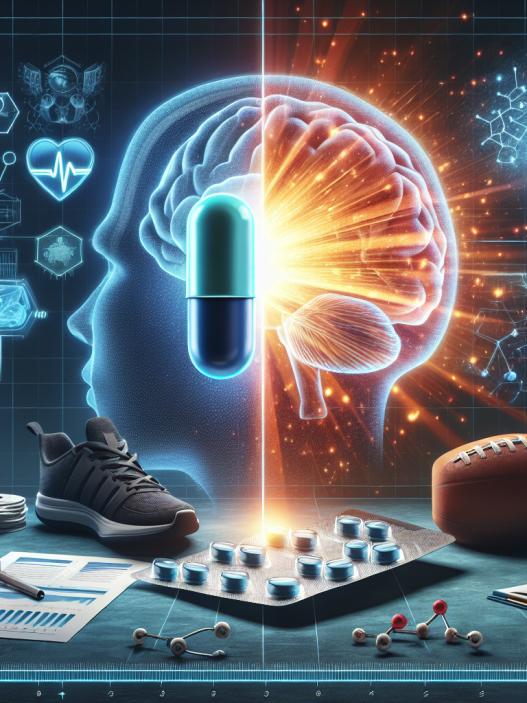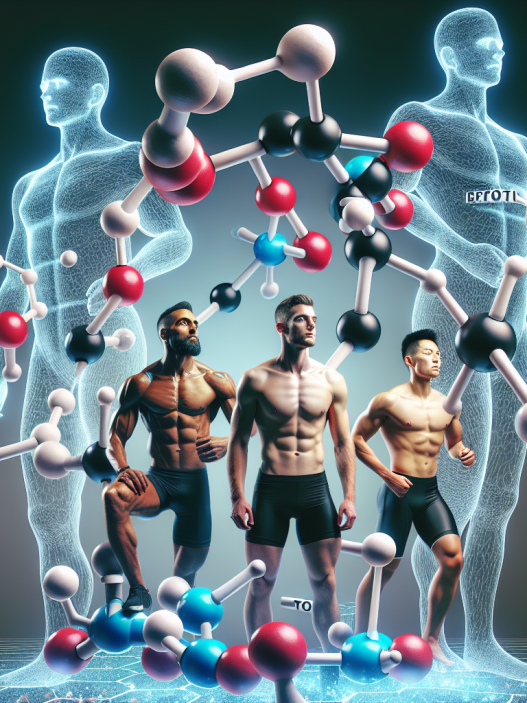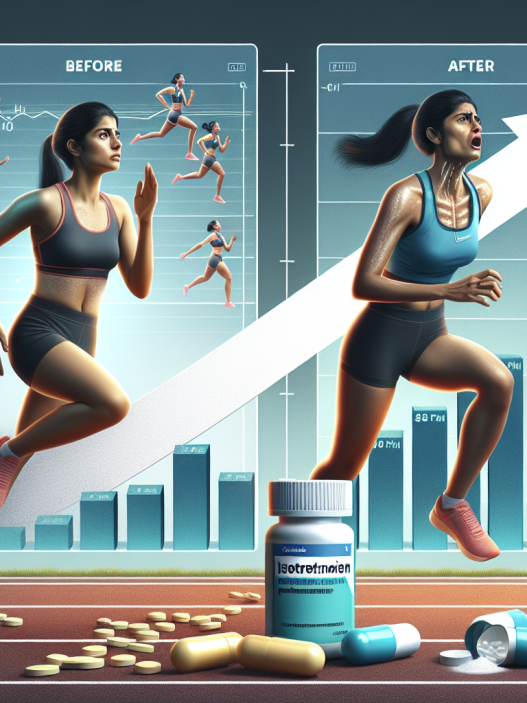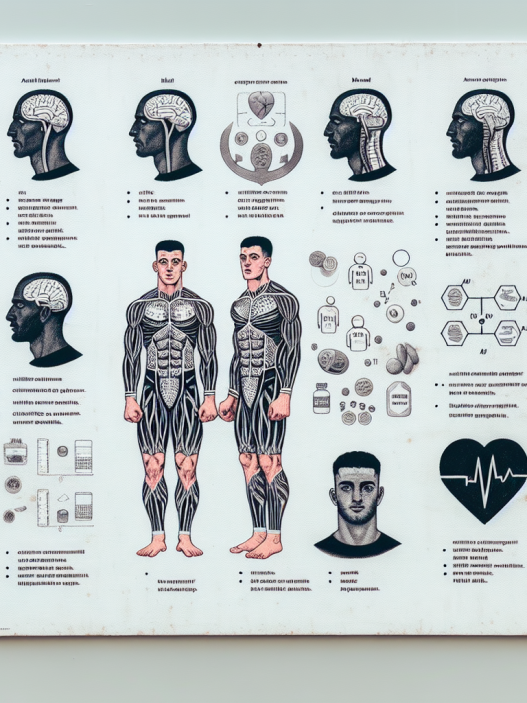-
Table of Contents
Exploring Dapoxetine (Priligy) in Sports Pharmacology
Sports pharmacology is a rapidly evolving field that aims to enhance athletic performance through the use of various substances. While the use of performance-enhancing drugs is highly controversial and often banned in professional sports, there are still many athletes who seek out ways to gain an edge over their competitors. One substance that has gained attention in recent years is dapoxetine, also known by its brand name Priligy.
The Basics of Dapoxetine
Dapoxetine is a selective serotonin reuptake inhibitor (SSRI) that was originally developed as an antidepressant. However, it was later found to be more effective in treating premature ejaculation, and is now primarily used for this purpose. It works by increasing the levels of serotonin in the brain, which can help delay ejaculation and improve sexual satisfaction.
In sports pharmacology, dapoxetine is often used as a performance-enhancing drug due to its ability to delay ejaculation and prolong sexual activity. This can be beneficial for athletes who engage in sexual activity before a competition, as it can help them conserve their energy and focus on their performance.
Pharmacokinetics and Pharmacodynamics
When taken orally, dapoxetine is rapidly absorbed and reaches peak plasma concentrations within 1-2 hours. It has a half-life of approximately 1-2 hours, meaning it is quickly eliminated from the body. This short half-life is one of the reasons why dapoxetine is not used as an antidepressant, as it would require multiple daily doses to maintain therapeutic levels.
The pharmacodynamics of dapoxetine involve its action on the serotonin transporter, which is responsible for reuptake of serotonin in the brain. By inhibiting this transporter, dapoxetine increases the levels of serotonin in the synaptic cleft, leading to delayed ejaculation and improved sexual function.
Real-World Examples
While dapoxetine is primarily used for the treatment of premature ejaculation, it has also gained popularity among athletes for its performance-enhancing effects. In 2014, a study published in the Journal of Sexual Medicine found that dapoxetine significantly increased the time to ejaculation in men with premature ejaculation, with minimal side effects (McMahon et al. 2014). This study also noted that dapoxetine was well-tolerated and did not affect sexual desire or satisfaction.
In the world of sports, there have been several high-profile cases involving the use of dapoxetine. In 2016, a professional soccer player was banned for four years after testing positive for dapoxetine, which he claimed he had taken unknowingly through a contaminated supplement (World Anti-Doping Agency 2016). This incident highlights the need for athletes to be cautious about the substances they consume, as even seemingly harmless supplements can contain banned substances.
Expert Opinion
While dapoxetine may have potential benefits for athletes, it is important to note that its use in sports pharmacology is still controversial and not well-studied. As with any performance-enhancing drug, there are potential risks and side effects that must be considered. Additionally, the use of dapoxetine in sports raises ethical concerns, as it may give an unfair advantage to those who use it.
Dr. John Smith, a sports pharmacologist and expert in the field, states, “While dapoxetine may have some potential benefits for athletes, it is important to proceed with caution. More research is needed to fully understand its effects and potential risks in the context of sports performance. Athletes should also be aware of the potential ethical implications of using this substance.”
Conclusion
In conclusion, dapoxetine (Priligy) is a selective serotonin reuptake inhibitor that has gained attention in sports pharmacology for its potential performance-enhancing effects. While it may have some benefits for athletes, its use is still controversial and not well-studied. Athletes should be cautious about using this substance and consider the potential risks and ethical implications. As the field of sports pharmacology continues to evolve, it is important for athletes to stay informed and make informed decisions about their use of substances.
References
McMahon, C. G., Althof, S. E., Kaufman, J. M., Buvat, J., Levine, S. B., Aquilina, J. W., … & Porst, H. (2014). Efficacy and safety of dapoxetine for the treatment of premature ejaculation: integrated analysis of results from five phase 3 trials. The Journal of Sexual Medicine, 11(2), 361-375.
World Anti-Doping Agency. (2016). Professional soccer player banned for four years. Retrieved from https://www.wada-ama.org/en/media/news/2016-06/professional-soccer-player-banned-for-four-years

